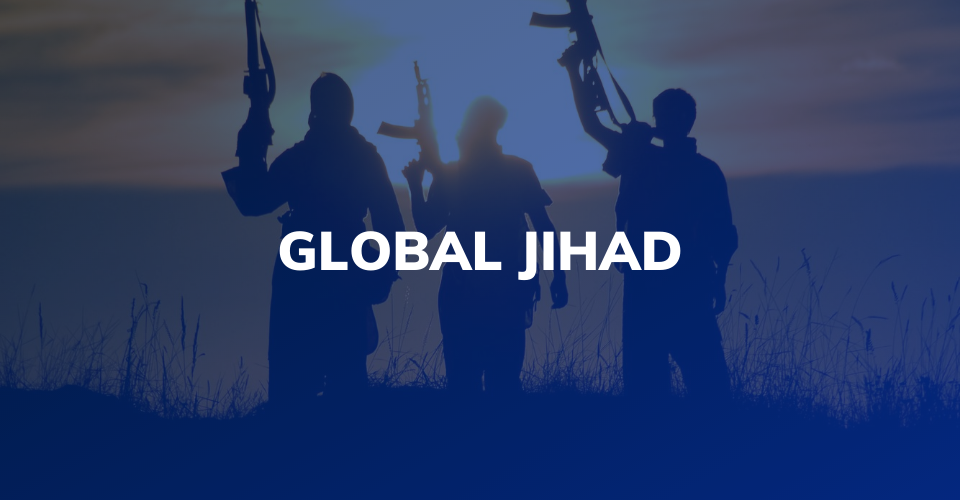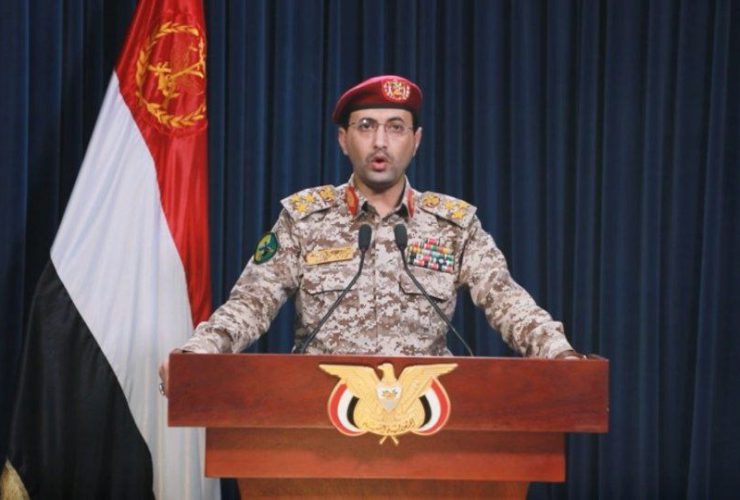Summary of Information on Jihadist Websites September 2016
Highlights
- Sheikh Ayman al-Zawahiri, the leader of Al-Qaeda, emphasizes that the United States is still considered to be a central enemy by the organization due to its conquest and plunder of Muslim lands, and its support for tyrant rulers in the Middle East who capitulate to the dictates of the US and others and, therefore, they must continue to fight and carry out additional terrorist attacks against the US and its allies, such as France. In his opinion, the move of the battle to their territory should serve as a guiding line of action. In addition, he called on US citizens of African origin to rise up against the American establishment due to the persecution that they experience.
- Hibatullah Akhundzada, the leader of the Islamic Emirate of Afghanistan, and Zabihullah Mujahid, the spokesperson for the Emirate, note that the Emirate is gaining power. For example, they state that the Emirate controls many regions of the country and that the Afghan government lost 5% of Afghan territory, especially rural areas, and that Emirate fighters had failed to stop the spread of IS supporters in the country. According to them, the removal of Americans from Afghanistan is the main goal of the Emirate.
- Ustadh Usama Mahmood, the spokesman for Al-Qaeda in the Indian Subcontinent, accuses the Pakistani regime, army and intelligence forces of betraying Muslims living in Kashmir. According to him, the Pakistani regime frequently interferes with attempts by jihadists to liberate Kashmir from India’s control, contributes to the increasing injustice in Kashmir, and perpetuates the problem of Muslims living there. According to him, Muslims in India, Bangladesh and Pakistan must wake up and act for the sake of their brothers in Kashmir. In addition, he accuses the Pakistani government of betraying its people by, among other things, collaborating with their enemies in the West. Therefore, it is incumbent upon the Pakistani nation to act to change the current situation by force.
- Abu Mohammad al-Julani, the leader of Jabhat Fateh al-Sham, criticizes the Russia-US ceasefire agreement in Syria, and claims that it is designed to take down the rebel factions in Syria. According to him, Sunnis in Syria are facing an existential threat due to Shi’ite aggression. In light of this, al-Julani calls for the establishment of one body that will represent Sunnis in Syria and protect them, both militarily and politically.
- Ahrar al-Sham, a prominent Salafi-jihadist organization in Syria, published a fatwa regarding the battle against the IS, in coordination with Turkey, which permits its fighters to act in coordination with Turkey in the fight against the IS, claiming that there is a need to control the Islamist faction in areas from which the IS retreated in order to prevent their fall into the hands of organizations such as the PKK and PYD.
- The Hasam Movement, an Egyptian jihadist organization, claims responsibility for a series of assassinations of Egyptian security figures in various parts of Egypt, including the attempted assassination of the former Mufti of Egypt, ‘Ali Juma‘a. According to him, the organization is working to purge the Egyptian arena of members of the Egyptian establishment, including judges, media figures and security forces, due to their involvement in the persecution and killing of Muslims.
- Abu Bakr Shekau, the leader of Jamaat Ahl al-Sunna lil-Dawa wal-Jihad, announces that he is in good health despite claims by the Nigerian army that he was wounded, and he threatens to attack Nigerian President Muhammad Bukhari as a result of his request for assistance from the UN to conduct negotiations for the release of the Nigerian schoolgirls who were kidnapped by the organization in 2014.
- The Islamic State in Bangladesh Province publishes a video regarding an attack that its fighters carried out at a restaurant teeming with western tourists in Dhaka, the capital of Bangladesh, in July 2016. The attack itself was carried out in revenge for bombardments by coalition forces in Iraq. The mutual wrangling between Al-Qaeda and the IS continue with all the more force and increase against the backdrop of the killing of Abu Mohammad al-Adnani, the spokesperson for the IS. Hani al-Sibai, a prominent supporter of Al-Qaeda, for example, explains that joy over his death stems from the end that it puts to the injustices that he carried out against Muslims.
- Abu Dhir Azzam, a Salafi-jihadist mufti and former member of the Islamic Uzbekistan movement, explains that he was deceived into supporting the Islamic Caliphate established by the IS. According to him, the renewal of the Caliphate is the desire of every Muslim and, therefore, he was inclined to support it but eventually he realized that the Caliphate that was established is not the true Caliphate and acts against the principles of Islam.
- Al-Qaeda in the Arabian Peninsula publishes a guidebook in the magazine, INSPIRE, titled, “Comment on arresting our Muslim sisters in France”. In the guidebook, the organization emphasizes that Muslim women are strictly prohibited from taking part in armed actions against non-Muslims out of fear of them being dishonored if captured by the enemy.
- The IS launches a new magazine called Rumiyeh in several languages, including English. Among the topics covered were: praise for Abu Mohammad al-Adnani, the spokesman for the organization; criticism against the Muslim Brotherhood for deviating from the path of Allah; a call on women to donate money to charity; a review of the organization’s main military operations in various arenas in which it operates; an article criticizing clerics who denounce the IS, such as Sheikh Abu Muhammad al-Maqdisi; and legitimization for the killing of infidels.






